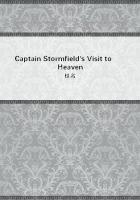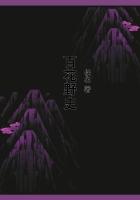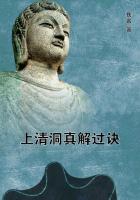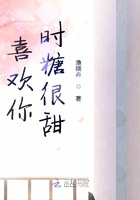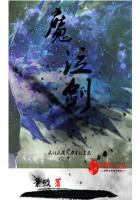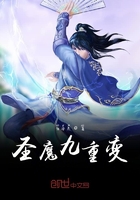"Ephemera" had been featured, with gorgeous head-piece and Beardsley-like margin decorations. On one side of the head-piece was Brissenden's photograph, on the other side was the photograph of Sir John Value, the British Ambassador. A preliminary editorial note quoted Sir John Value as saying that there were no poets in America, and the publication of "Ephemera" was THE PARTHENON'S.
"There, take that, Sir John Value!" Cartwright Bruce was described as the greatest critic in America, and he was quoted as saying that "Ephemera" was the greatest poem ever written in America. And finally, the editor's foreword ended with: "We have not yet made up our minds entirely as to the merits of "Ephemera"; perhaps we shall never be able to do so. But we have read it often, wondering at the words and their arrangement, wondering where Mr. Brissenden got them, and how he could fasten them together." Then followed the poem.
"Pretty good thing you died, Briss, old man," Martin murmured, letting the magazine slip between his knees to the floor.
The cheapness and vulgarity of it was nauseating, and Martin noted apathetically that he was not nauseated very much. He wished he could get angry, but did not have energy enough to try. He was too numb. His blood was too congealed to accelerate to the swift tidal flow of indignation. After all, what did it matter? It was on a par with all the rest that Brissenden had condemned in bourgeois society.
"Poor Briss," Martin communed; "he would never have forgiven me."
Rousing himself with an effort, he possessed himself of a box which had once contained type-writer paper. Going through its contents, he drew forth eleven poems which his friend had written. These he tore lengthwise and crosswise and dropped into the waste basket.
He did it languidly, and, when he had finished, sat on the edge of the bed staring blankly before him.
How long he sat there he did not know, until, suddenly, across his sightless vision he saw form a long horizontal line of white. It was curious. But as he watched it grow in definiteness he saw that it was a coral reef smoking in the white Pacific surges. Next, in the line of breakers he made out a small canoe, an outrigger canoe.
In the stern he saw a young bronzed god in scarlet hip-cloth dipping a flashing paddle. He recognized him. He was Moti, the youngest son of Tati, the chief, and this was Tahiti, and beyond that smoking reef lay the sweet land of Papara and the chief's grass house by the river's mouth. It was the end of the day, and Moti was coming home from the fishing. He was waiting for the rush of a big breaker whereon to jump the reef. Then he saw himself, sitting forward in the canoe as he had often sat in the past, dipping a paddle that waited Moti's word to dig in like mad when the turquoise wall of the great breaker rose behind them. Next, he was no longer an onlooker but was himself in the canoe, Moti was crying out, they were both thrusting hard with their paddles, racing on the steep face of the flying turquoise. Under the bow the water was hissing as from a steam jet, the air was filled with driven spray, there was a rush and rumble and long-echoing roar, and the canoe floated on the placid water of the lagoon. Moti laughed and shook the salt water from his eyes, and together they paddled in to the pounded-coral beach where Tati's grass walls through the cocoanut-palms showed golden in the setting sun.
The picture faded, and before his eyes stretched the disorder of his squalid room. He strove in vain to see Tahiti again. He knew there was singing among the trees and that the maidens were dancing in the moonlight, but he could not see them. He could see only the littered writing-table, the empty space where the type-writer had stood, and the unwashed window-pane. He closed his eyes with a groan, and slept.

